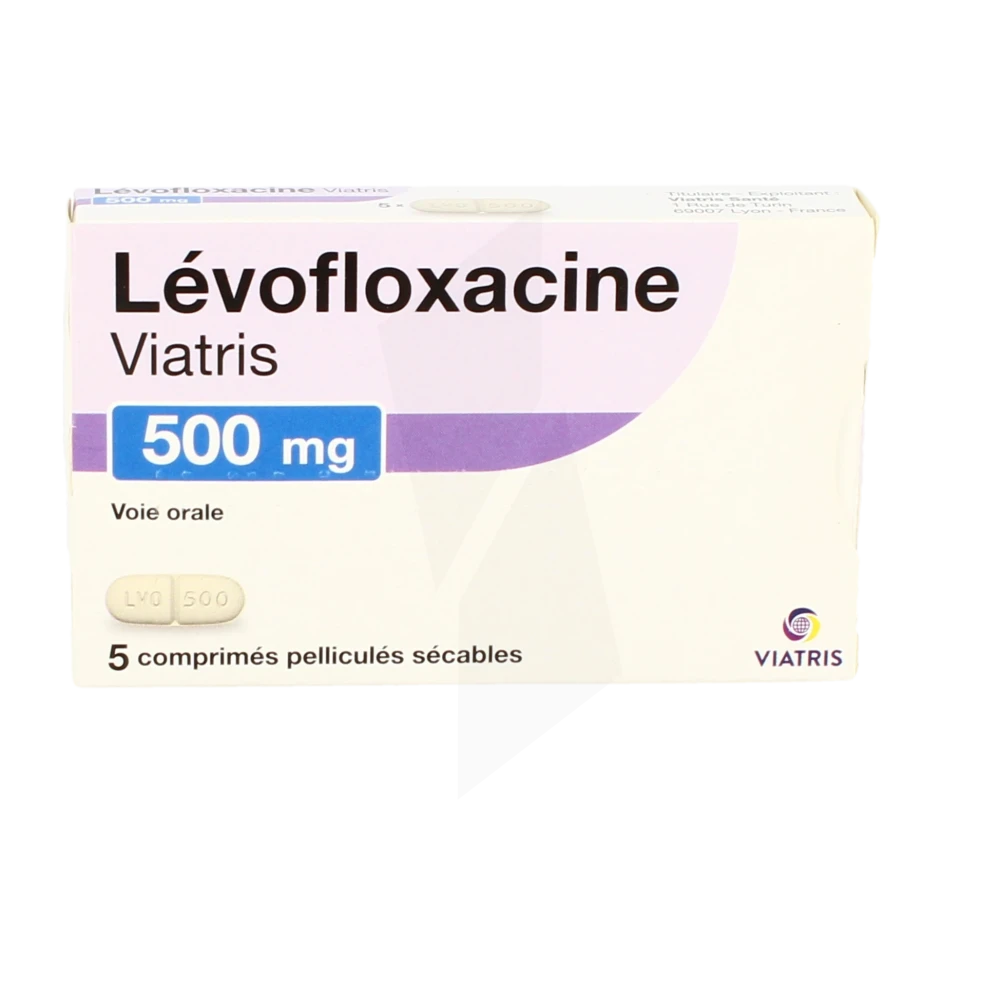Modern surgery has revolutionized our approach to medical care. Thanks to technological advancements, procedures have become more precise and less invasive. This has significantly improved patients’ recovery times.
Every day, new techniques emerge, pushing the boundaries of what is possible in the operating room. The integration of innovation and compassion is essential to providing high-quality care. As a passionate surgeon, I am committed to staying at the forefront of these developments to ensure the best outcomes for my patients.
A major blow for johnson & johnson medtech
The renowned company Johnson & Johnson MedTech has recently been ordered to pay a colossal fine of $147 million for violations of antitrust laws. This judicial decision marks a significant turning point in the landscape of medical business, highlighting the importance of stringent regulation of business practices. As a surgeon passionate about integrity and ethics, I find this case particularly indicative of the challenges faced by large companies in adhering to competitive standards.
The verdict highlights the monitoring mechanisms of the competent authorities and reminds us that even industry giants are not exempt from severe penalties in cases of non-compliance. This condemnation also raises crucial questions about business practices in the medical technology sector and their impact on innovation and competition.
What were the anticompetitive practices?
The authorities accused Johnson & Johnson MedTech of several maneuvers aimed at limiting competition in the medical device market. Among these practices, the company allegedly orchestrated agreements with distributors and resellers to set prices, prevent the entry of new competitors, and control access to essential distribution channels. These actions restricted free competition, resulting in increased prices for consumers and limiting the choices available in the market.
Moreover, allegations of market manipulation have been raised, where Johnson & Johnson MedTech allegedly used its dominant position to stifle innovations coming from smaller companies. By restricting access to advanced technologies and imposing high barriers to entry, the company was able to maintain its leading position without encouraging real competition, which is essential for the evolution and improvement of medical devices.
These practices are not only contrary to antitrust laws, but they also compromise collective efforts to advance in the medical field. The absence of healthy competition can lead to technological stagnation, thereby depriving patients and healthcare professionals of the latest innovations.
How does the financial penalty impact the company?
The sentence of $147 million represents a monumental financial penalty for Johnson & Johnson MedTech. This fine will have significant repercussions on the company’s finances, potentially impacting its future investments in research and development. Reducing the budget allocated to innovation could slow the pace of technological advancements, thus affecting the company’s competitiveness in the global market.
Furthermore, this penalty increases pressure on the company’s governance to strengthen its compliance mechanisms and prevent future violations. Investors and business partners are now more attentive to the ethical and legal management of affairs, which could influence Johnson & Johnson MedTech’s future strategic decisions.
Additionally, the company’s reputation is also taking a severe hit. In the medical sector, trust is paramount, and violations of antitrust laws can erode that trust among clients, consumers, and regulators. Restoring that trust will require concerted efforts in terms of transparency and accountability.
What are the repercussions for the medical industry?
The conviction of Johnson & Johnson MedTech has profound implications for the entire medical industry. It sends a strong message to other market players about the need to comply with antitrust laws and promote fair competition. This could prompt other companies to review and strengthen their own business practices, thereby fostering a more competitive and innovative environment.
Moreover, this judicial decision may encourage regulatory authorities to intensify their monitoring efforts and impose stricter sanctions for similar violations. More rigorous regulation could lead to better consumer protection and an increase in the diversity of offerings in the market, thus stimulating continuous innovation and improvement of medical devices.
Finally, this case underscores the importance of ethics in medical business. By promoting virtuous practices, the medical industry can not only ensure better quality products and services but also reinforce public and healthcare professional trust, which are essential for progress and long-term success.
Reactions from stakeholders
The conviction of Johnson & Johnson MedTech has sparked various reactions among stakeholders, including investors, employees, consumers, and regulators. Investors express great concern over the financial impact of the fine on the company’s profitability and long-term value. Some consider reevaluating their investments, thus redefining market perceptions of the company.
Employees, for their part, are feeling increasing uncertainty regarding the stability of their jobs and the company’s future growth prospects. This situation can lead to decreased morale and hesitance to fully engage in development projects, potentially affecting productivity and internal innovation.
On the consumer side, the conviction raises concerns about the ethical practices of the company and the safety of the products it offers. Trust in the medical devices of Johnson & Johnson MedTech could suffer, prompting patients and healthcare professionals to consider other alternatives in the market.
Regulators, for their part, have reinforced their determination to closely monitor the practices of companies in the sector. They use this case as a reference for other compliance studies, underscoring the importance of strict regulation to maintain fairness and transparency in the medical field.
Future perspectives for johnson & johnson medtech
In light of this sanction, Johnson & Johnson MedTech must consider robust strategies to recover and restore its reputation. This includes strengthening internal compliance policies, investing in ethical business practices, and implementing training programs to raise employee awareness of antitrust standards.
Moreover, the company could focus on responsible innovation, investing in medical technologies that not only meet market needs but also adhere to fair competition principles. By adopting a transparent and collaborative approach, Johnson & Johnson MedTech can restore consumer and regulator trust while ensuring its place in a competitive and ever-evolving market.
It is also crucial for the company to communicate proactively with all stakeholders, explaining the measures taken to avoid future violations and demonstrating a tangible commitment to ethics and social responsibility. By doing so, Johnson & Johnson MedTech can hope to overcome this crisis and reposition itself as an exemplary player in the medical industry.
The role of regulators in preventing abuses
Regulators play a vital role in preventing antitrust abuses and preserving a fair market environment. The case of Johnson & Johnson MedTech illustrates the effectiveness of the monitoring and sanction mechanisms established to deter anticompetitive behavior. Through rigorous investigations and transparent trials, authorities can ensure that companies comply with established rules and operate in the best interest of consumers.
Moreover, this case highlights the importance of collaboration among regulatory bodies, both nationally and internationally. A coordinated approach allows for effective action against cross-border violations and ensures a consistent application of antitrust laws, thereby promoting healthy competition in the global market.
Regulators can also benefit from the integration of advanced technologies to monitor business activities and detect suspicious practices in real-time. The use of artificial intelligence and data analytics can enhance authorities’ ability to quickly identify potential violations and intervene proactively.
Ultimately, strengthening regulations and monitoring capabilities is essential to maintain a balance between economic growth and the protection of public interests. The lessons learned from the Johnson & Johnson MedTech case can serve as a guide for other similar cases, thereby reinforcing the overall legal and regulatory framework.
The importance of compliance in businesses
The case of Johnson & Johnson MedTech highlights the crucial importance of compliance with laws and regulations in businesses, particularly in sensitive sectors such as medical technology. A corporate culture focused on compliance and ethics can prevent antitrust violations and promote healthy competition, benefiting all stakeholders.
To ensure effective compliance, companies must establish clear policies and strict procedures, accompanied by regular training programs for their employees. This includes awareness of antitrust laws, understanding the consequences of violations, and encouraging the reporting of any dubious practice without fear of retaliation.
Furthermore, it is essential for company leaders to demonstrate a strong commitment to compliance and ethics. This necessitates transparency in operations, shared accountability at all levels of the organization, and a willingness to take corrective actions in cases of failure. By establishing a solid base of compliant practices, companies can not only avoid costly penalties but also enhance their reputation and credibility in the market.
Finally, adopting compliance management technologies can provide an additional advantage. Automated systems can help monitor business activities, identify anomalies, and ensure that all operations comply with current regulations. Integrating such tools into daily management can enhance vigilance and responsiveness to compliance challenges.
The case of Johnson & Johnson MedTech underscores the importance of compliance with antitrust laws in maintaining healthy and fair competition in the medical technology market. This $147 million sentence serves as a powerful reminder that even large companies are not above regulations and that anticompetitive practices can have grave consequences, both financial and reputational.
For companies, this case highlights the necessity to adopt ethical and transparent business practices while investing in robust compliance and monitoring mechanisms. By doing so, they can not only avoid costly penalties but also contribute to a dynamic and innovative market environment.
Finally, this situation opens the door to broader reflection on the role of regulators and authorities in protecting public interests and promoting competition. By strengthening legislative frameworks and improving monitoring tools, it is possible to create an ecosystem where innovation and competitiveness thrive, benefiting consumers, businesses, and the entire medical industry.
#>









